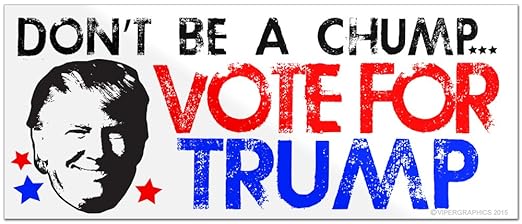NRL must come down hard on salary cap cheats and show clubs the price of rorting the system
an hour ago
PAUL KENTThe Daily Telegraph
THE three biggest salary cap scandals of the cap era came about not through clever investigation, but whistleblowers.
The best example of the difficulty the NRL faces exposing deliberate and systematic cheating that, last year, the NRL fined Parramatta more than $400,000 for salary cap discrepancies but uncovered none of the shenanigans being investigated now.
This, despite the Eels signing a legal document saying they had disclosed everything. Which is the point, really.
Without the aid of forensic auditors, of whom there is neither the time for nor the money in the annual cycle of NRL audits, there is no foolproof system to catch the cheating clubs.
So how do we stop it when we know it is going on? Do we continue knitting our scarves and beanies while we wait for the next whistleblower?
After the NRL punished Canterbury in 2002 the anecdotal evidence around the game was clubs briefly pulled their heads in.
Such was the ferocity of the penalty - the Dogs were clear premiership favourites and running away with it when all their points were stripped - it stunned many clubs into behaving.
Over time, though, the clubs felt safe again and got more clever about their secret payments and even a little careless, until Melbourne got caught in 2010.
That took eight years. Same fallout again, until the Eels were caught in March. This has taken six.
The problem this time is Parramatta’s comedy of calamities is so bordering on incompetence it might not even be enough to scare clubs into behaving.
No club will ever believe they could be as hopeless as the Eels have been. And they are probably right.
Regardless, on the third strike it is clear the deterrents for cheating the salary cap is not enough. An atmosphere prevails around the League that salary cap cheating is OK because everybody is doing it. Just don’t get caught.
The same mentality applies for some with speeding on the roads, or drink driving. A greater detriment needs to be found. The only way the NRL can do this is through penalty. The auditing process is not intensive enough and is failing to be a deterrent.
At some point the NRL needs to stop pretending it is not happening and take a serious approach to illegal third party payments and broader salary cap cheating. The time is now.
The Integrity Unit will finalise interviews with Eels officials this week and spend next week collating the evidence and writing a report. It is hoped chief executive Todd Greenberg will get the evidence by the end of next week and be ready with a decision the week after.
What penalty there will be, if there is, rests solely on Greenberg.
As soon as the Parramatta decision is reached some clear air will be available for the game to get some business done. It must show that appetite to fix it.
Greenberg has no better opportunity to make a strong impact in his new role. The NRL needs to change its approach. Accountability is the key, for all involved.
Forget all this head-in-the-sand defences being launched. The League needs to make it everybody’s job to know.
NRL officials, if found liable, should be banned for life. The same as officials and coaches who supply drugs in sports. They have the ultimate say whether a deal is formalised.
Any player managers involved should be banned for the duration of the contract or longer. Not only that, their companies should face the same penalty so we don’t have the laughable situation we saw a few years ago when a suspended manager simply brought in his son to “negotiate” player deals.
This puts the onus on companies to run tighter organisations and keep each other accountable. And players caught wrongfully taking payments should be suspended as well. That is correct.
They should be suspended for the duration of the contract they negotiated or time already used, whichever is longer. The first words from a player’s mouth at every negotiation after this will be do not expose me to risk.
The timing is perfect. The Rugby League Players Association will begin negotiating the next Collective Bargaining Agreement for the 2018 season.
Players will have no choice but to understand the contents of their contracts. The benefit of suspending only the players involved would be to save the club losing points as the Eels face now.
The reply for those complaining the rules are too draconian is simple. It’s like speeding, drink-driving. If nothing has happened, nothing can happen.


